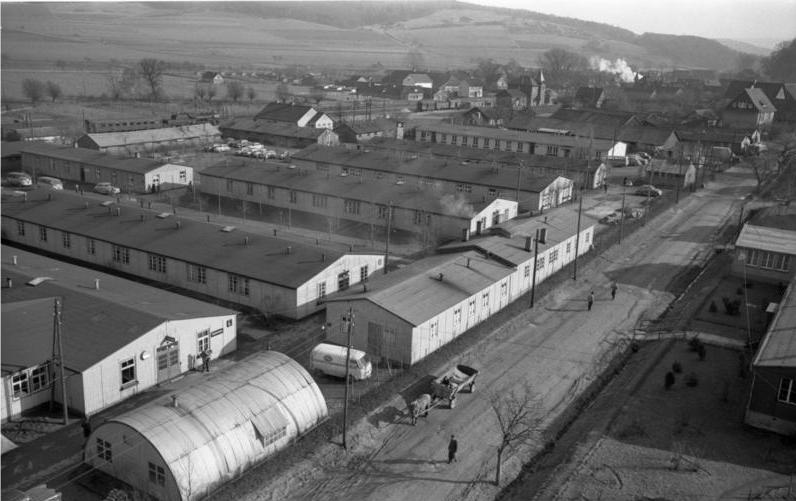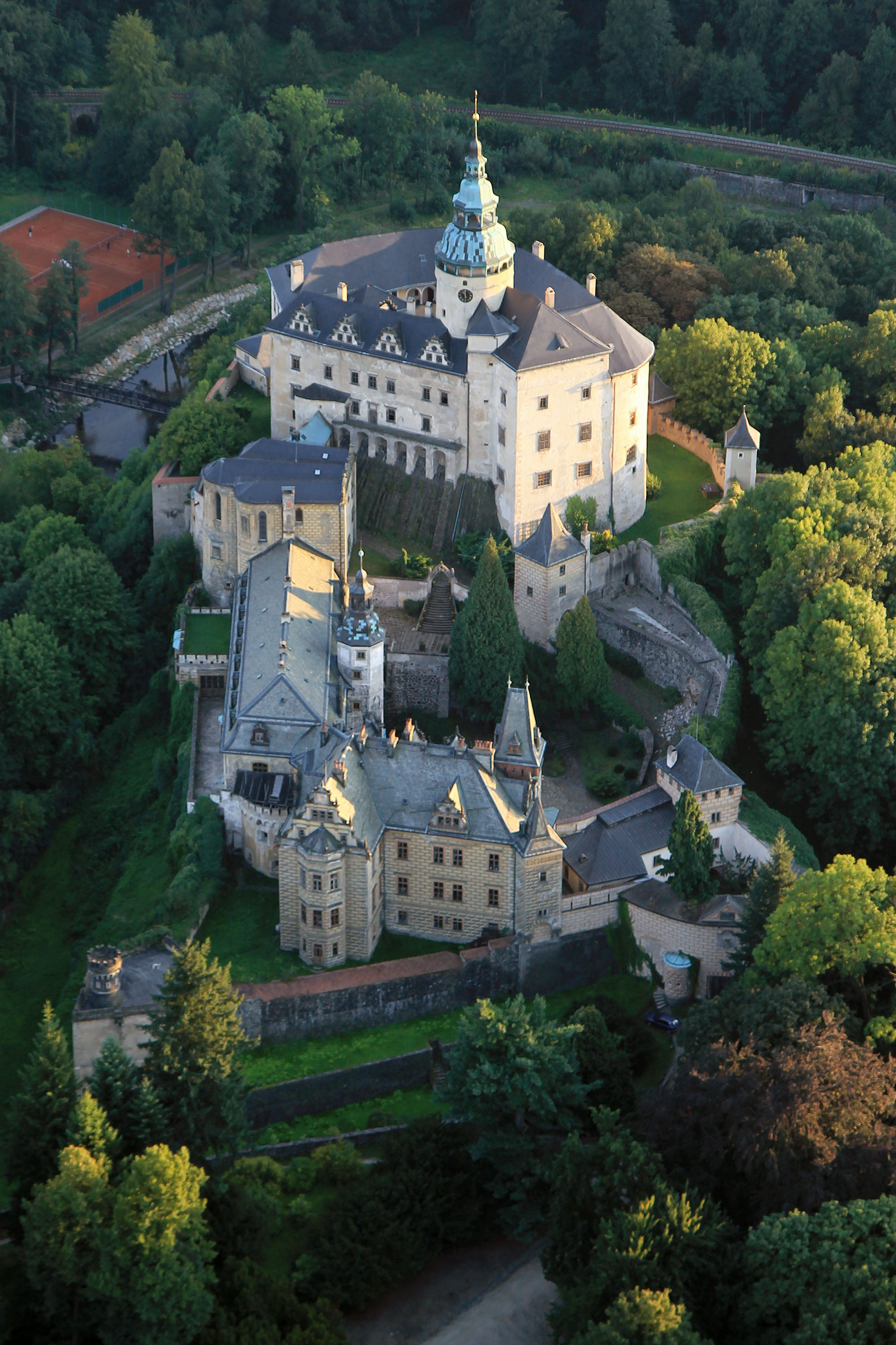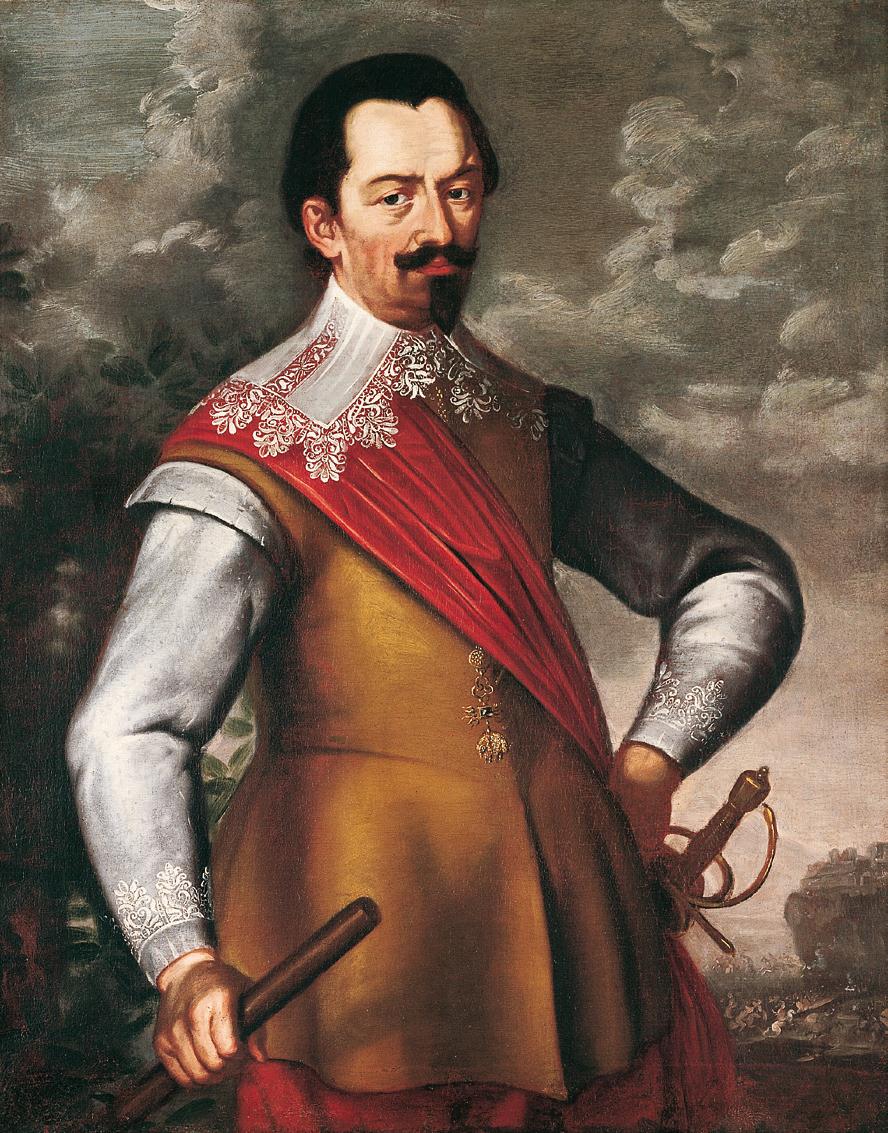|
Friedland
Friedland may refer to: Places Czech Republic * Frýdlant v Čechách (''Friedland im Isergebirge'') * Frýdlant nad Ostravicí (''Friedland an der Ostrawitza'') * Frýdlant nad Moravicí (''Friedland an der Mohra'') France * , street in Paris Germany * Friedland, Mecklenburg-Vorpommern * Friedland, Brandenburg * Friedland, Lower Saxony, a municipality in Göttingen * Friedland (Amt) Poland * Korfantów (''Friedland in Oberschlesien'') * Mieroszów (''Friedland in Niederschlesien'') * Debrzno (''Preußisch Friedland'') * Mirosławiec (''Märkisch Friedland'') Russia * Pravdinsk (''Friedland in Ostpreußen''), called Friedland 1917–1945 Other * Friedland (surname) * Duchy of Friedland, duchy of Albrecht von Wallenstein 1627–1634 * Battle of Friedland, during the Napoleonic Wars in 1807 ** French ship ''Friedland'' for ships named after the battle See also *Friedländer Friedländer (Friedlander, or Friedlaender) is a toponymic surname derived from any of Ge ... [...More Info...] [...Related Items...] OR: [Wikipedia] [Google] [Baidu] |
Battle Of Friedland
The Battle of Friedland (14 June 1807) was a major engagement of the Napoleonic Wars between the armies of the French Empire commanded by Napoleon I and the armies of the Russian Empire led by Count von Bennigsen. Napoleon and the French obtained a decisive victory that routed much of the Russian army, which retreated chaotically over the Alle River by the end of the fighting. The battlefield is located in modern-day Kaliningrad Oblast, near the town of Pravdinsk, Russia. The engagement at Friedland was a strategic necessity after the Battle of Eylau earlier in 1807 had failed to yield a decisive verdict for either side. The battle began when Bennigsen noticed the seemingly isolated reserve corps of Marshal Lannes at the town of Friedland. Bennigsen, who planned only to secure his march northward to Wehlau and never intended to risk an engagement against Napoleon's numerically-superior forces, thought he had a good chance of destroying these isolated French units before Nap ... [...More Info...] [...Related Items...] OR: [Wikipedia] [Google] [Baidu] |
Friedland (surname)
Friedland is a surname of German and Ashkenazi Jewish origin. Notable people with the surname include: * Adam Friedland (born 1987) American stand-up comedian and podcaster * Anatole Friedland (1888–1938), composer, songwriter, vaudeville performer, and Broadway producer * Dalia Friedland (born 1935), Israeli actress and singer * David Friedland (born 1937), American lawyer and politician * Georges Friedland (1910–1993), French screenwriter, film director and editor * Gerald Friedland (born 1978), professor * Jonathan Friedland (born 1960), British physician and medical researcher * Kevin Friedland (born 1981), American soccer player * Larry Friedland (born 1930s), American property developer * Martin Friedland (born 1932), Canadian lawyer, academic, and author * Michelle Friedland (born 1972), United States judge * Natan Friedland (died 1883), rabbi and member of the H'bat Tsion movement * Robert Friedland (born 1950), American/Canadian financier * Sherman Friedland (born ... [...More Info...] [...Related Items...] OR: [Wikipedia] [Google] [Baidu] |
Friedland, Brandenburg
Friedland (Lower Sorbian: ''Bryland'') is a town in the Oder-Spree district, in Brandenburg, Germany. It is situated in the historic Lower Lusatia region, about south of Beeskow, and north of Cottbus. History The town was first mentioned as ''Fredberg'' in a 1235 deed issued by the Lusatian margrave Henry III of Meissen. A 1301 contract signed by Margrave Frederick I named a town and castle of ''Vredeburch'', then a possession of the Lords of Strehla, who served as ''ministeriales'' of the ruling House of Wettin. The present name first appeared in a 1350 bull issued by Pope Clement VI. With Lower Lusatia, Friedland passed under the suzerainty of the Bohemian Crown in 1367. In 1518, the lordship was pawned to the Order of Saint John and turned Protestant in 1540. Under the rule of Lord Master Count Adam of Schwarzenberg, the fortifications were enlarged, nevertheless Friedland suffered severely under the impact of the Thirty Years' War. Upon the 1635 Peace of Prague, it pas ... [...More Info...] [...Related Items...] OR: [Wikipedia] [Google] [Baidu] |
Friedland, Lower Saxony
Friedland is a municipality in the district of Göttingen, in Lower Saxony, Germany. It is situated on the river Leine, approx. 13 km south of Göttingen. Its seat is in the village of Groß Schneen, one of fourteen communities in the municipality. The others are Friedland proper, Ballenhausen, Deiderode, Elkershausen, Klein Schneen, Lichtenhagen, Ludolfshausen, Mollenfelde, Niedergandern, Niedernjesa, Reckershausen, Reiffenhausen and Stockhausen. Friedland Refugee Camp In September 1945, the Control Commission for Germany - British Element (CCG/BE) built a camp in Friedland, near the American (Hesse) and Soviet occupation (Thuringia) zones. The camp was designed as the first way station for refugees, evacuees, and returning soldiers. Starting in 1947, the camp was administered by the federal state of Lower Saxony. During the period of mass expulsions from 1944 to 1945, the camp offered services to large waves of refugees. Thereafter, it functioned primarily as a way statio ... [...More Info...] [...Related Items...] OR: [Wikipedia] [Google] [Baidu] |
Pravdinsk
Pravdinsk (, prior to 1946 known by its German name, ', pl, Frydląd, lt, Romuva), is a town and the administrative center of Pravdinsky District in Kaliningrad Oblast, Russia. It is on the Lava River and is east of Bagrationovsk and southeast of Kaliningrad. Population figures: History Pravdinsk was founded in 1312 at a ford across the Lava River after the local Natangian tribe in Prussia was subdued by the Teutonic Knights, and received town privileges in 1335 under Grand Master Luther von Braunschweig. It was known by its German language name ''Friedland'' ("peaceful land"). In 1440 the town joined the anti-Teutonic Prussian Confederation, at the request of which Polish King Casimir IV Jagiellon signed the act of incorporation of the region to the Kingdom of Poland in 1454. The town was devastated during the subsequent Thirteen Years' War, the longest of all Polish–Teutonic wars. After the war, per the peace treaty signed in Toruń in 1466, it became a part of P ... [...More Info...] [...Related Items...] OR: [Wikipedia] [Google] [Baidu] |
Friedland, Mecklenburg-Vorpommern
Friedland is a town in the district Mecklenburgische Seenplatte, Mecklenburg-Vorpommern, Germany. It is only 22 km from the district seat and bigger town Neubrandenburg, but still Friedland remains a local center for surrounding communities like Galenbeck (Kotelow, Lübbersdorf, Schwichtenberg), Brunn and Boldekow, and has approximately 6,500 citizens. The former municipality Genzkow was merged into Friedland in May 2019. It was founded in 1244 by the Prince-electors Otto and Johann of Brandenburg, then having the name ''Vredeland''. Notable people Sons and daughters of the city * Andreas Helvigius (1572-1643), philologist, educator * Friederike Krüger (1789-1858), participant of the Liberation War * Emilie Mayer (1812-1883), composer * Rudolf Berlin (1833-1897), ophthalmologist People who have worked here * Ernst Boll (1817-1868), natural scientist, was a house teacher in Friedland * Fritz Reuter (1810-1874), low German poet, studied at the school in Friedland * D ... [...More Info...] [...Related Items...] OR: [Wikipedia] [Google] [Baidu] |
Frýdlant V Čechách
Frýdlant (; also known as Frýdlant v Čechách, german: Friedland in Böhmen) is a town in Liberec District in the Liberec Region of the Czech Republic. It has about 7,400 inhabitants. The town centre is well preserved and is protected by law as an urban monument zone. Administrative parts Villages of Albrechtice u Frýdlantu and Větrov are administrative parts of Frýdlant. Geography Frýdlant is located about northwest of Liberec, in a salient region of Frýdlant Hook, close to the border with Poland. It lies mostly in the Frýdlant Hills. The southern part of the municipal territory extends into the Jizera Mountains and includes the highest point of Frýdlant, the hill Špičák at above sea level. The Smědá River flows through the town. History Early history The area was settled by Slavic ( Sorbian) tribes from Lusatia from the 6th century onwards and in the 12th century was incorporated into the Upper Lusatian (''Land Budissin'') territory, then held by the Marg ... [...More Info...] [...Related Items...] OR: [Wikipedia] [Google] [Baidu] |
Frýdlant Nad Moravicí
Frýdlant (; also known as Frýdlant v Čechách, german: Friedland in Böhmen) is a town in Liberec District in the Liberec Region of the Czech Republic. It has about 7,400 inhabitants. The town centre is well preserved and is protected by law as an urban monument zone. Administrative parts Villages of Albrechtice u Frýdlantu and Větrov are administrative parts of Frýdlant. Geography Frýdlant is located about northwest of Liberec, in a salient region of Frýdlant Hook, close to the border with Poland. It lies mostly in the Frýdlant Hills. The southern part of the municipal territory extends into the Jizera Mountains and includes the highest point of Frýdlant, the hill Špičák at above sea level. The Smědá River flows through the town. History Early history The area was settled by Slavic ( Sorbian) tribes from Lusatia from the 6th century onwards and in the 12th century was incorporated into the Upper Lusatian (''Land Budissin'') territory, then held by the Marg ... [...More Info...] [...Related Items...] OR: [Wikipedia] [Google] [Baidu] |
Duchy Of Friedland
Duchy of Friedland (Czech: ''Frýdlantské vévodství'', German: ''Herzogtum Friedland'') was a de facto sovereign duchy in Bohemia. It was created in 1627 and disappeared in 1634, after death of the ruler, Albrecht von Wallenstein (1582 - 1634). It was preceded by the Principality of Friedland (Czech: ''Frýdlantské knížectví'', German: ''Fürstentum Friedland'') existing in the years 1624 to 1627. Establishment of the principality, and then the duchy, followed the rise to power of Albrecht von Wallenstein, a military leader in the service of the House of Habsburg during the Thirty Years' War. In August 1622 Wallenstein was granted titles of Count Palatine (''falckrabě'', ''Pfalzgraf'') and Imperial Count (''hrabě'', ''Graf''). A predicate "of Friedland" (''z Frýdlantu'', ''von Friedland'') was granted after northern Bohemian town Frýdlant (Friedland) acquired by Wallenstein in 1621, together with the whole Friedland dominion (''panství'', ''Herschaft''). On 7 ... [...More Info...] [...Related Items...] OR: [Wikipedia] [Google] [Baidu] |
Frýdlant Nad Ostravicí
Frýdlant nad Ostravicí (; german: Friedland (an der Ostrawitza)) is a town in Frýdek-Místek District in the Moravian-Silesian Region of the Czech Republic. It has about 9,800 inhabitants. Administrative parts Frýdlant nad Ostravicí is made up of three town parts and villages: Frýdlant, Lubno and Nová Ves. Geography Frýdlant nad Ostravicí is located in the Moravian-Silesian Foothills, the southern part of the municipal territory extends into the Moravian-Silesian Beskids. The town lies on the Ostravice River, at its confluence with Čeladenka Stream. The left bank with Frýdlant lies in the historical land of Moravia, the right bank with the villages of Lubno and Nová Ves lies in Czech Silesia. History The first written mention of Frýdlant is from 1395. The town was founded in the second half of 14th century during German Ostsiedlung. It was established as a market town that was supposed to be the local centre of trade and handicrafts. In 1402, Frýdlant was sold ... [...More Info...] [...Related Items...] OR: [Wikipedia] [Google] [Baidu] |
French Ship Friedland
Four ships of the French Navy have borne the name ''Friedland'', in honour of the Battle of Friedland * , a 16-gun brig, captured in 1808 and taken into the Royal Navy as HMS ''Delight''; she was sold in 1814. * , a 80-gun ship of the line. * , a 120-gun ship of the line A ship of the line was a type of naval warship constructed during the Age of Sail from the 17th century to the mid-19th century. The ship of the line was designed for the naval tactic known as the line of battle, which depended on the two colu ... fitted with a steam engine. * (1877), an ironclad ("''frégate cuirassée''", lit. "armoured frigate") . {{DEFAULTSORT:Friedland French Navy ship names ... [...More Info...] [...Related Items...] OR: [Wikipedia] [Google] [Baidu] |
Debrzno
Debrzno (historically: ''Frydląd Pomorski''; , ''Fréląd'', or ''Frëdląd''; formerly german: Preußisch Friedland) is a town in Pomeranian Voivodeship, Poland. As of December 2021, the town has a population of 4,983. History The first mention of the village dates back to the 12th century. The region was part of medieval Poland before the 14th-century Teutonic invasion. The town was mentioned as ''Fredeland'' in a document of 1346, when the manager of the Teutonic Order in Człuchów assigned four Hufen territory to Tylo. 1354 the Grandmaster Winrich von Kniprode granted town rights to the town. After the outbreak of the uprising against the Teutonic Knights, in 1454 the town recognized the Polish King as rightful ruler. During the Thirteen Years' War it was defended against the Teutonic Knights in 1455, but it was later lost again.''Słownik geograficzny Królestwa Polskiego i innych krajów słowiańskich'', Tom II, Warsaw, 1881, p. 417 In 1461 the town was recaptured by ... [...More Info...] [...Related Items...] OR: [Wikipedia] [Google] [Baidu] |





